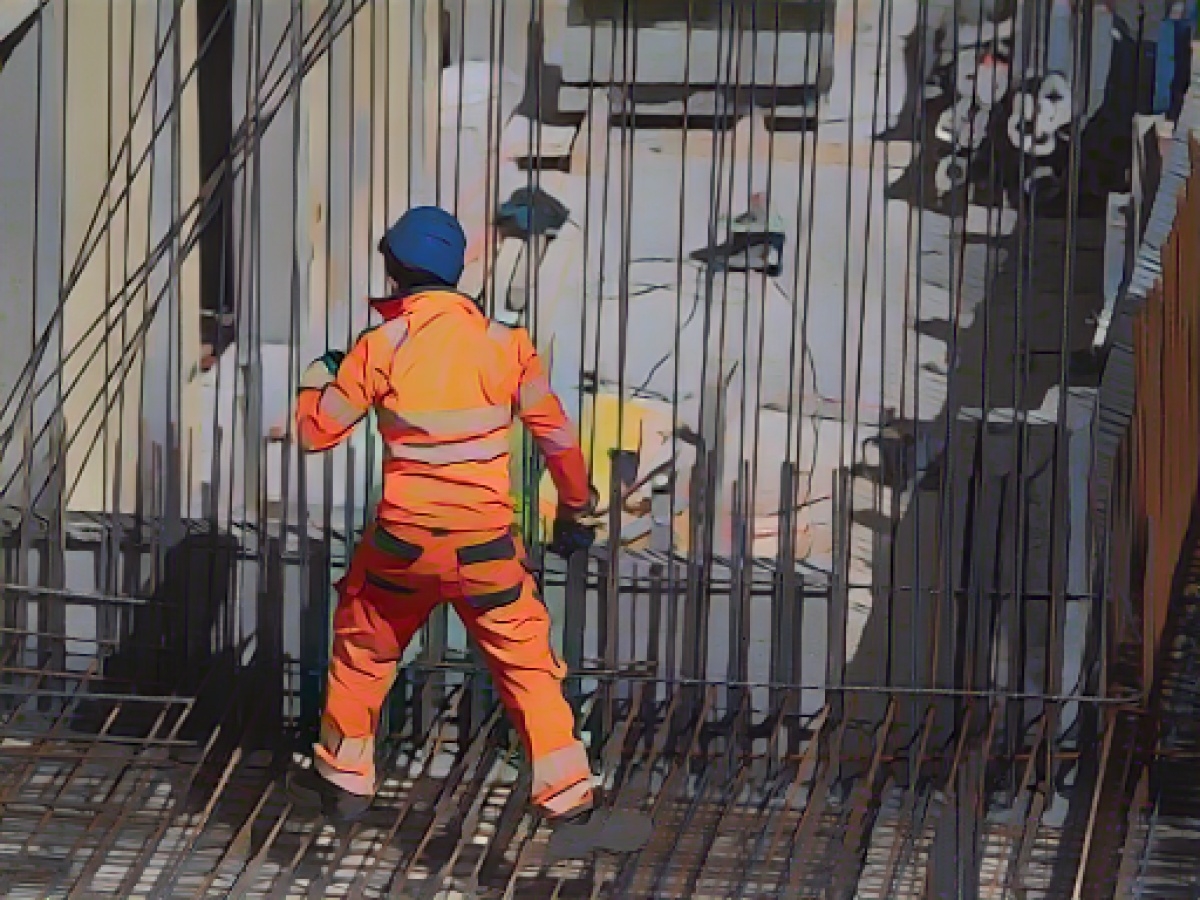Weekend Inspections Protect Temporary Workers
Weekend checks on temporary workers' accommodation in the Kleve district, a collaboration between North Rhine-Westphalian and Dutch authorities, aimed to safeguard temporary employees from exploitive living conditions and expose illegal structures. The state ministries for local government and labor, health, and social affairs revealed the outcomes of their campaign in Düsseldorf on Sunday. Approximately 75 workers were placed in secure and appropriate homes as a result of the effort, marking the fifth time such inspections took place.
Violations surfaced in 18 collective accommodation facilities in logistics, packaging, and meat industries. These infractions encompassed non-compliance with registration requirements, fire safety guidelines, and suspected exorbitant rental costs. Over 180 Romanian and Polish employees housed by temporary employment agencies were discovered in these facilities. Conditions in 17 apartments warranted immediate closure, according to inspections.
NRW Minister of Labor Karl-Josef Laumann (CDU) stressed, "Regardless of the companies' location—in Germany, the Netherlands, or Poland—worker accommodations must adhere to applicable health and safety regulations." The European Labor Authority asserted that some firms attempt to house workers across borders to circumvent regulatory checks.
Laumann emphasized that temporary workers' social welfare should not be compromised for the sake of profit. Compliance with health and safety regulations, particularly those related to employment and social affairs, is essential to providing fair labor conditions.
International Measures
Various international measures strive to ensure that temporary workers' accommodations meet health and safety standards and protect them from exploitation. Some of these initiatives involve:
- Regulations and Laws
- Turkish employers are required to prioritize occupational health and safety for their remote workers, which includes informing them about safety protocols, providing necessary training, and conducting regular health checks[4].
- Ongoing efforts in Canada aim to address concerns about the Temporary Foreign Worker Program (TFWP), but the system often leaves migrant workers vulnerable to exploitation due to their dependence on a single employer[5].
- Training and Awareness
- The U.S. Department of Labor (DOL) has intensified its inspectors' training on preventing labor exploitation and human trafficking. This includes specialized training on trauma-informed interviewing and referrals, as well as increased cooperation with local human trafficking task forces[3].
- The European Union highlights the significance of adapting work to individuals' needs, avoiding or minimizing adverse effects on health and safety, and formulating an overall prevention policy in accordance with the European Social Charter[4].
- Protection Mechanisms
- Temporary workers in the U.S. have the right to live in clean and safe housing, have access to clean drinking water, and be protected from excessive temperatures. They can report violations or abuses to the National Human Trafficking Hotline or the Department of Labor[2].
- Despite efforts to address labor exploitation in Canada, migrant workers often face challenges in accessing remedial measures due to the complexities of the current system[5].
- International Cooperation
- Global initiatives focus on combating human trafficking and labor abuses. President Biden's Administration, for example, has reviewed measures to combat human trafficking, including strengthening protections for migrant and seasonal workers[3].
These initiatives aim to enhance temporary workers' living and working conditions, but further international regulations and enforcement mechanisms are required to combat exploitation effectively.








